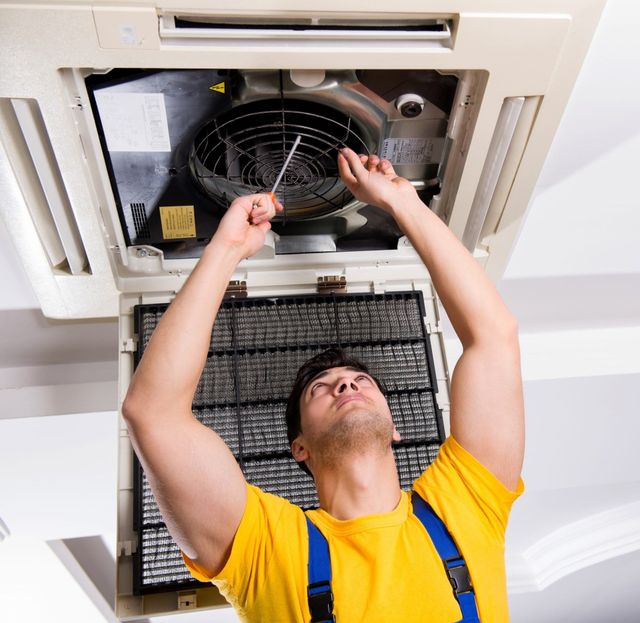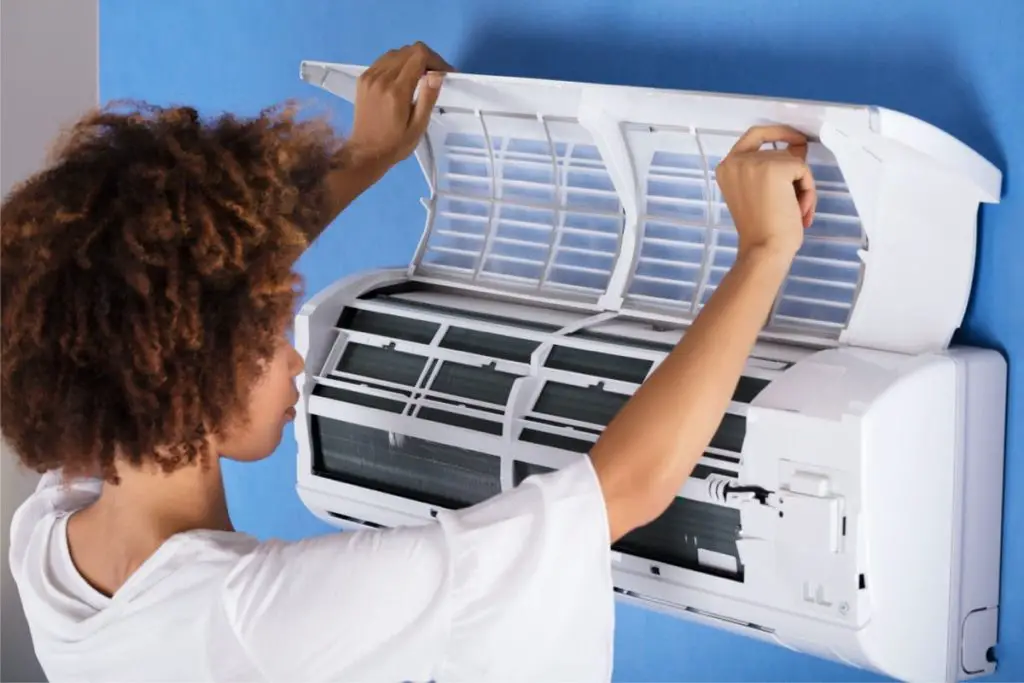When the scorching summer heat hits, the last thing you want is for your HVAC air conditioner to stop working. A malfunctioning air conditioner can turn your home into an uncomfortable and unbearable place to be. If you find that your air conditioner is blowing warm air or not cooling as it should, there could be a number of reasons why. In this article, we will explore some of the common causes behind an HVAC air conditioner not cooling effectively.
1. Clogged Air Filters
One of the most common reasons for reduced cooling in your HVAC system is a clogged air filter. Over time, dust, dirt, and debris can accumulate in the air filter, restricting airflow and making it harder for the system to cool your home effectively. It is essential to regularly check and replace your air filters to ensure proper airflow and efficient cooling.
2. Refrigerant Leak
Refrigerant is the substance responsible for cooling the air in your HVAC system. If there is a leak in the refrigerant line, it can lead to reduced cooling performance. Signs of a refrigerant leak include hissing noises, frozen evaporator coils, or the air conditioner not blowing cold air. It is important to have a professional HVAC technician inspect and repair any refrigerant leaks to restore the cooling efficiency of your system.
3. Malfunctioning Thermostat
The thermostat regulates the temperature in your home and controls the operation of the HVAC system. If the thermostat is malfunctioning or not calibrated correctly, it can cause the air conditioner to not cool the space effectively. Check the thermostat settings and consider replacing it if it is outdated or faulty.
4. Dirty Evaporator and Condenser Coils
Over time, the evaporator and condenser coils in your air conditioning system can accumulate dirt and grime, affecting the heat transfer process and reducing cooling efficiency. Regular maintenance, including coil cleaning, is crucial to ensure the optimal performance of your HVAC system.
5. Blocked Vents and Registers
If the vents and registers in your home are blocked by furniture, curtains, or other obstructions, it can disrupt the airflow and lead to uneven cooling or reduced performance of your air conditioner. Ensure that all vents and registers are clear and unobstructed to allow for proper air circulation.
6. Electrical Issues
Faulty wiring, tripped circuit breakers, or a malfunctioning compressor can also contribute to an HVAC air conditioner not cooling properly. It is crucial to have a qualified HVAC technician inspect the electrical components of the system to identify and rectify any issues affecting the cooling performance.

Credit: www.icsny.com
7. Inadequate Insulation
If your home is not adequately insulated, it can lead to heat gain and loss, making it harder for your air conditioner to maintain a comfortable indoor temperature. Consider improving the insulation in your home to enhance the cooling efficiency of your HVAC system.
Conclusion
When your HVAC air conditioner is not cooling as it should, addressing the underlying issues promptly is essential to ensure your comfort and energy efficiency. By understanding the common reasons for reduced cooling performance and taking proactive measures to maintain and service your air conditioning system, you can enjoy a cool and comfortable indoor environment, even during the hottest of summer days.

